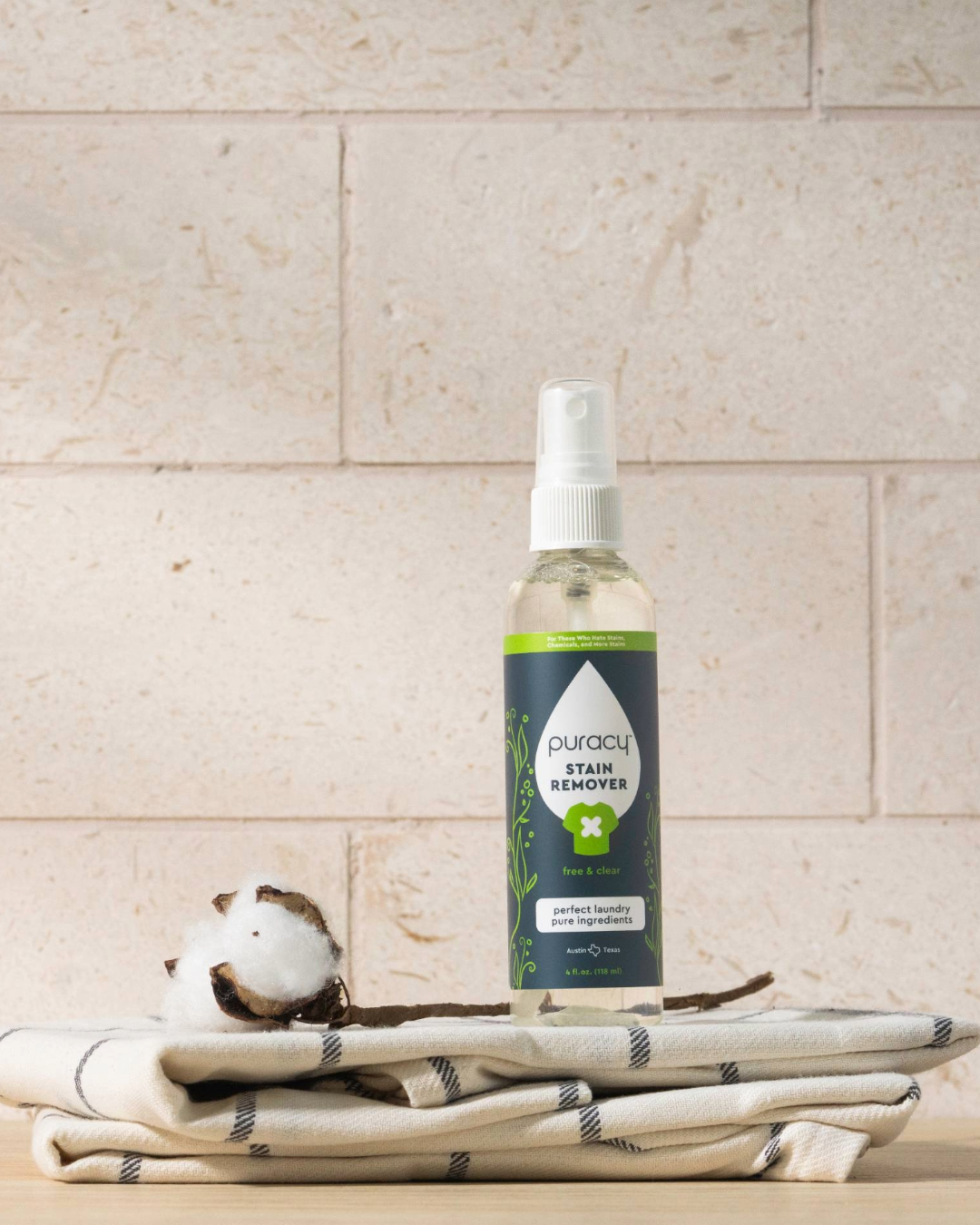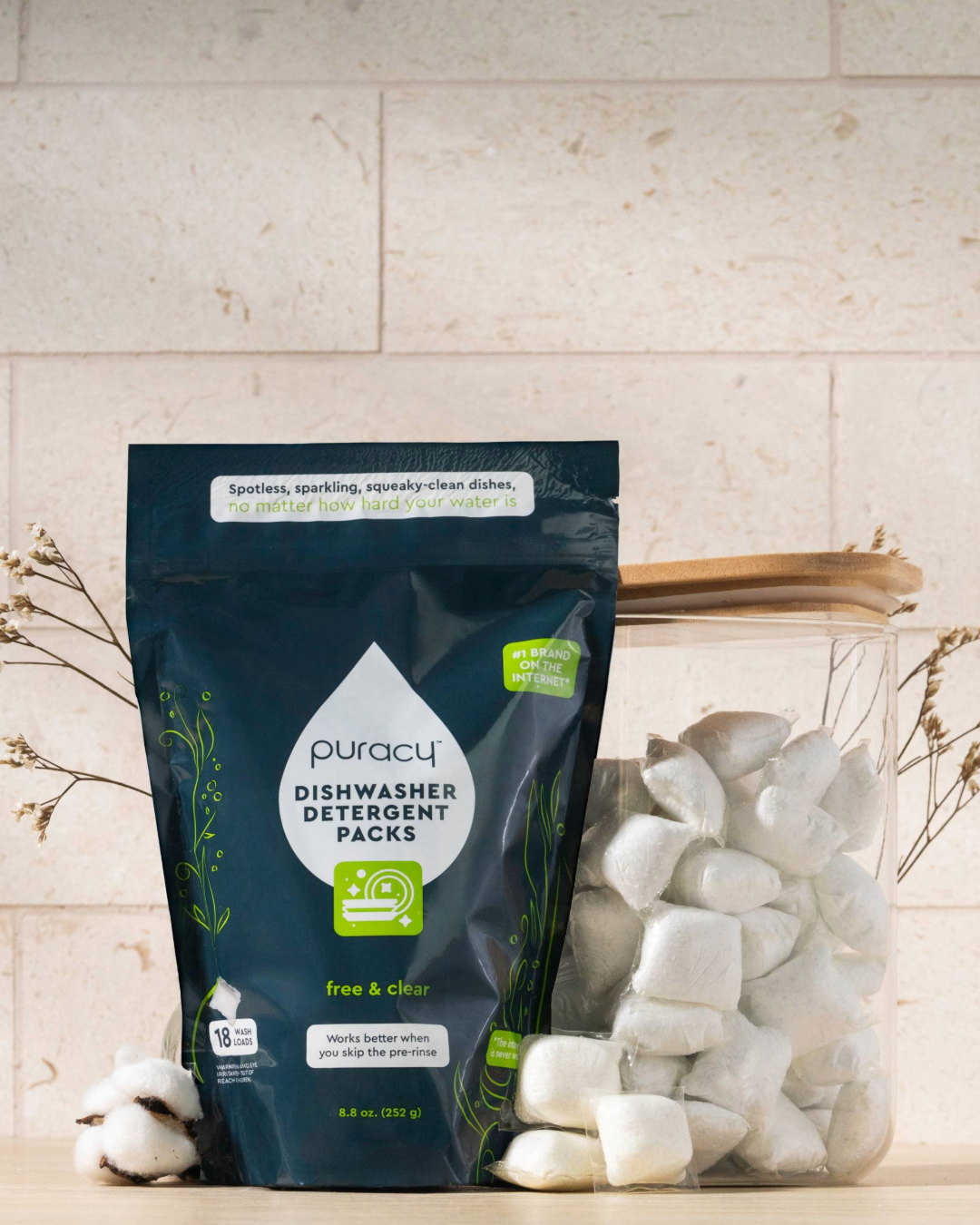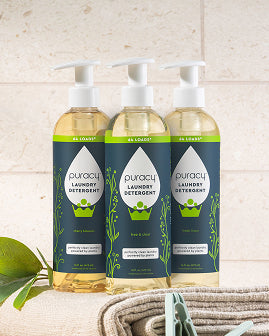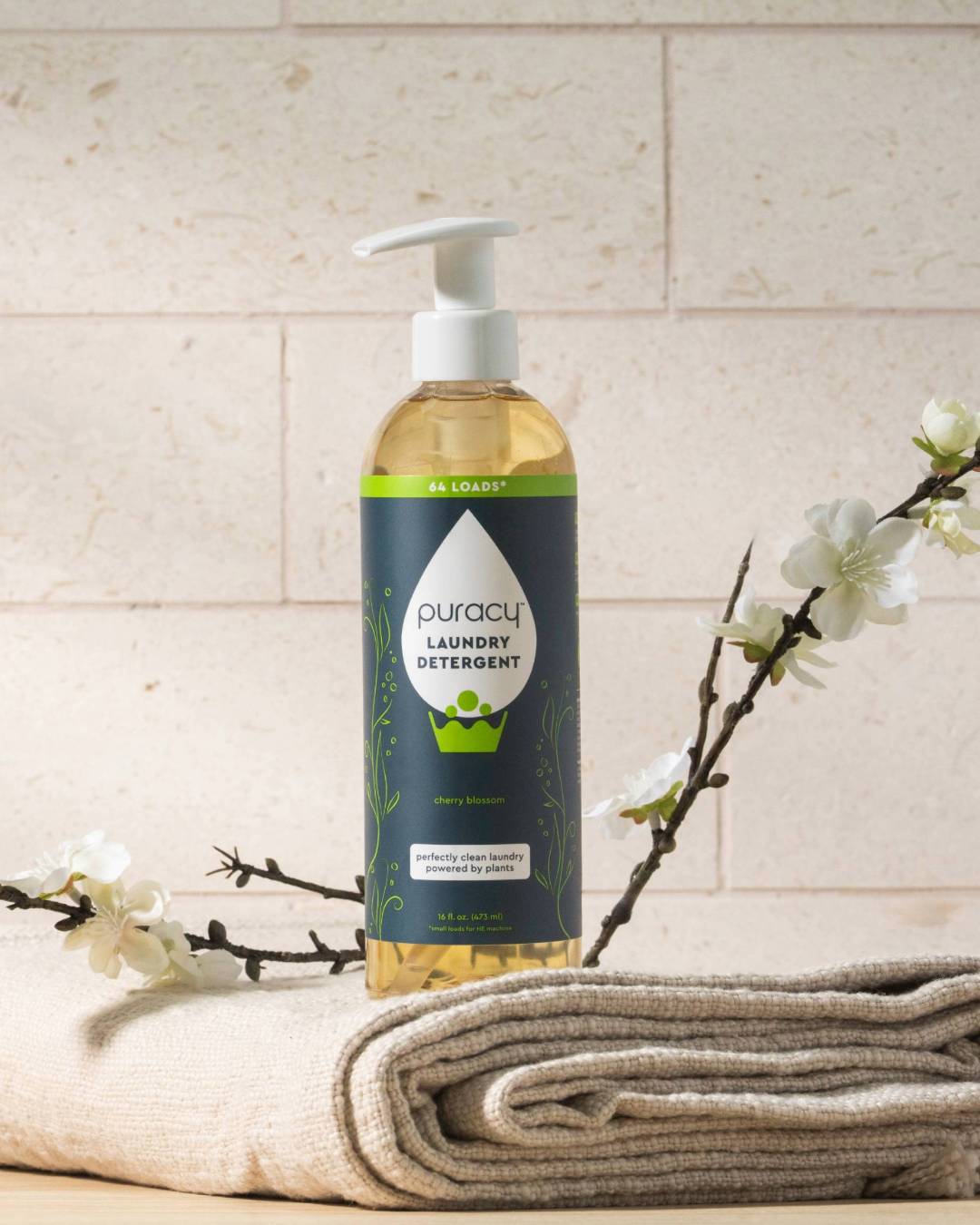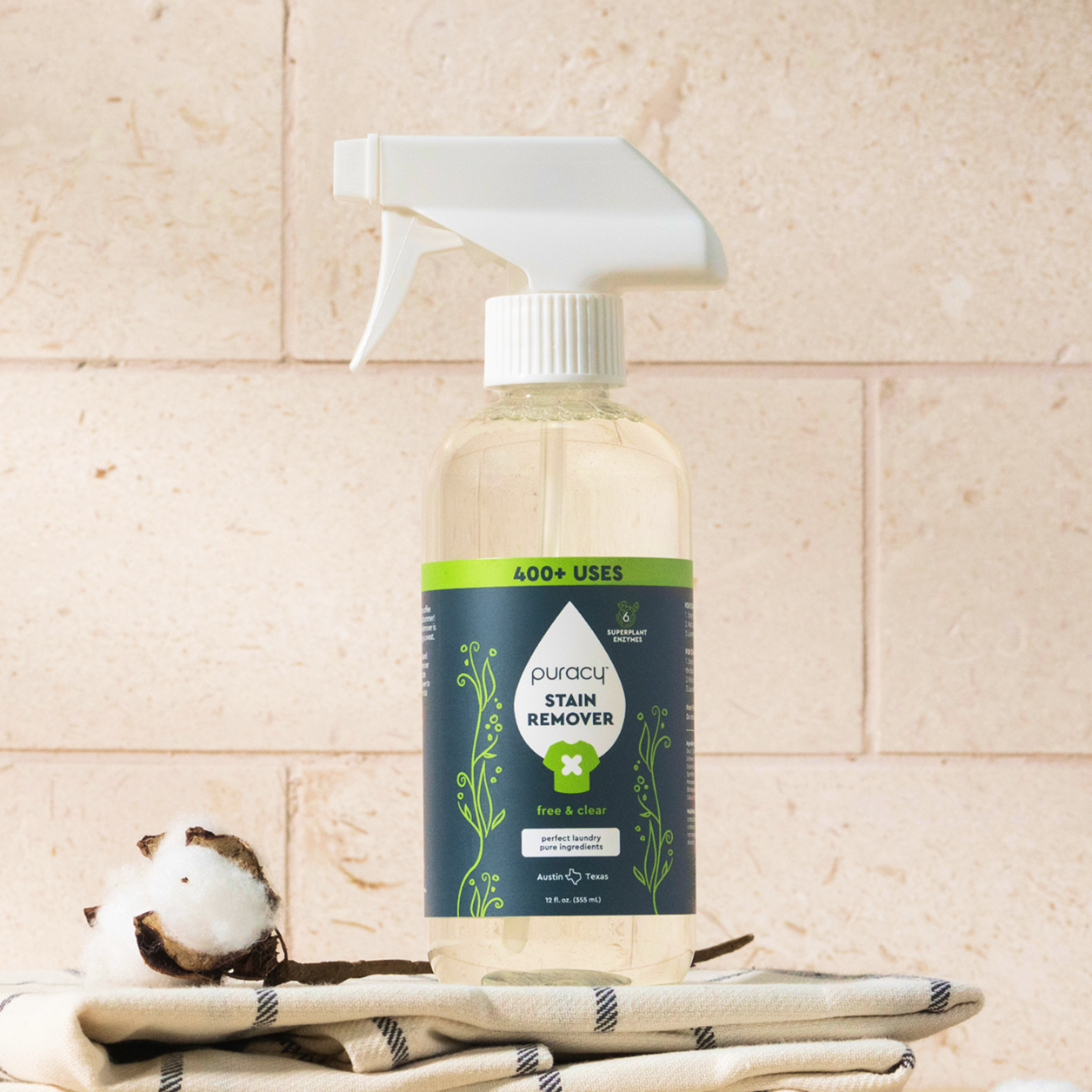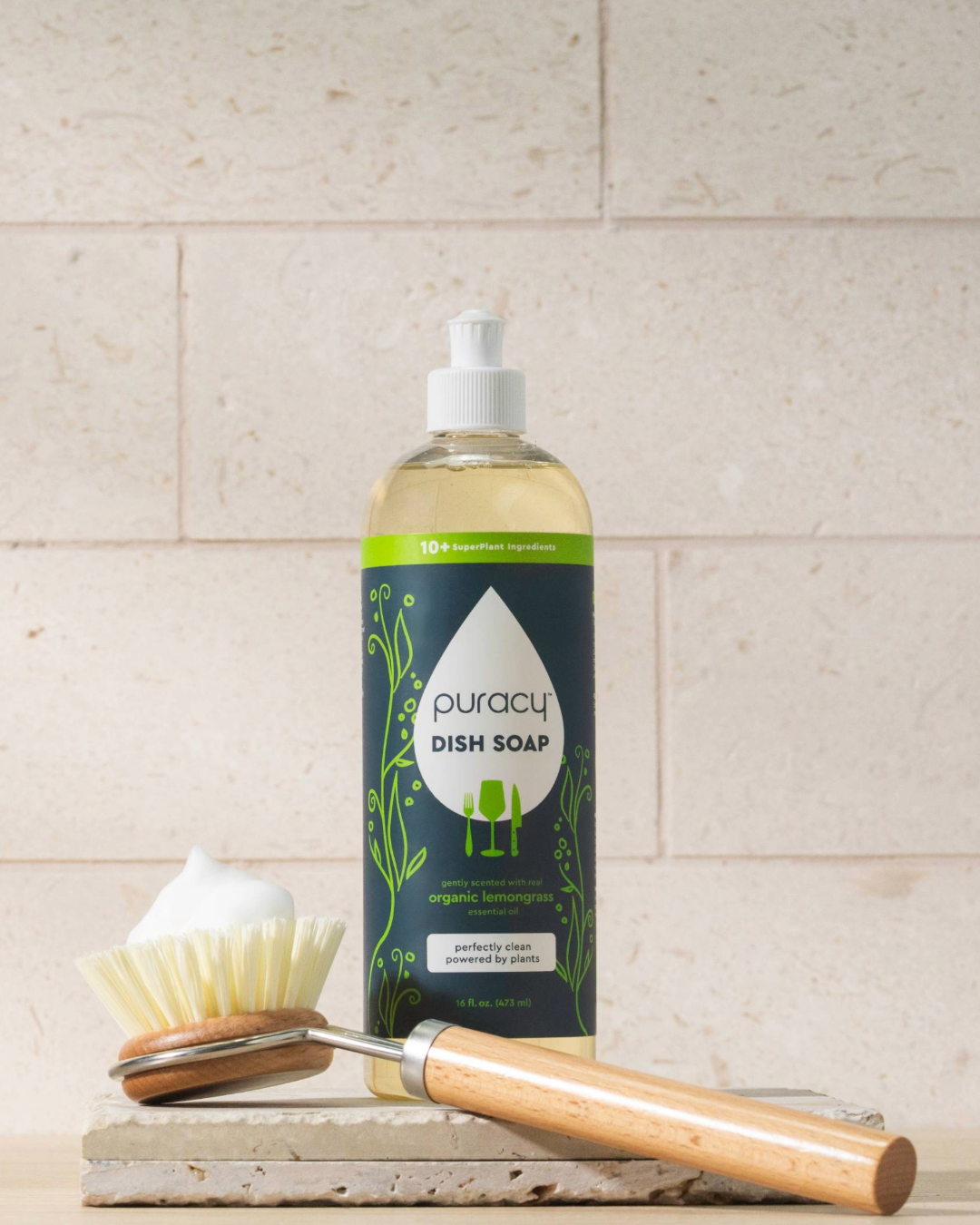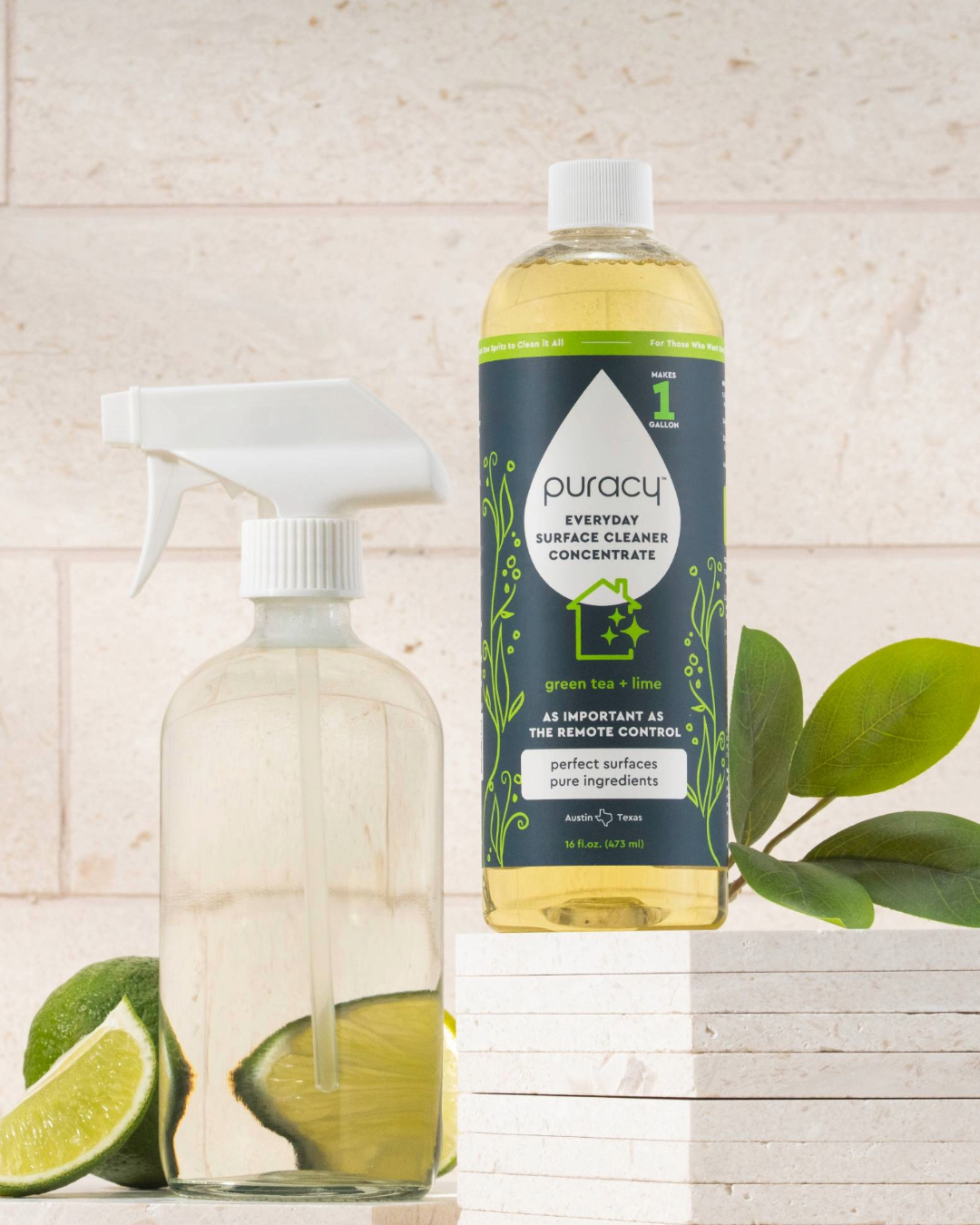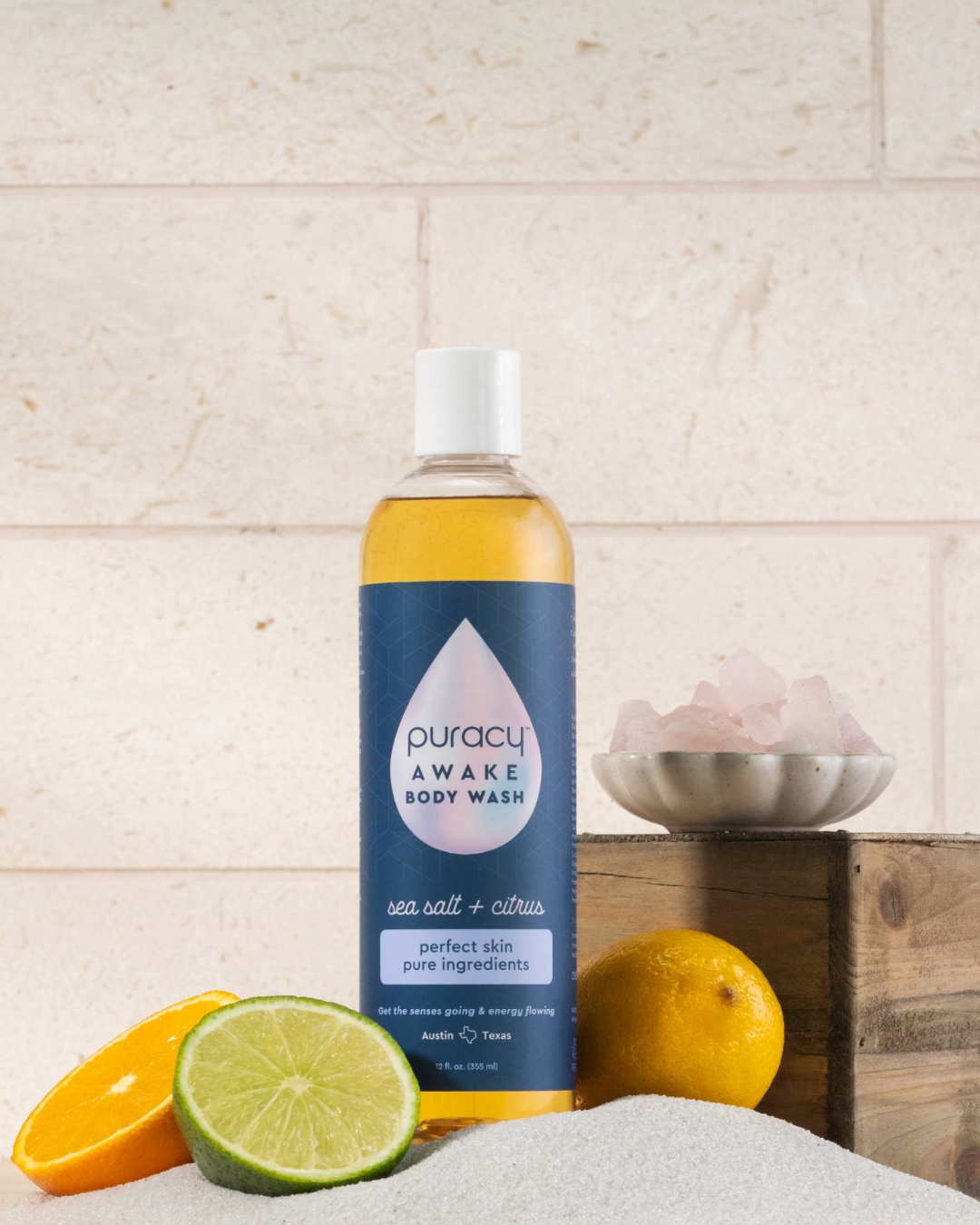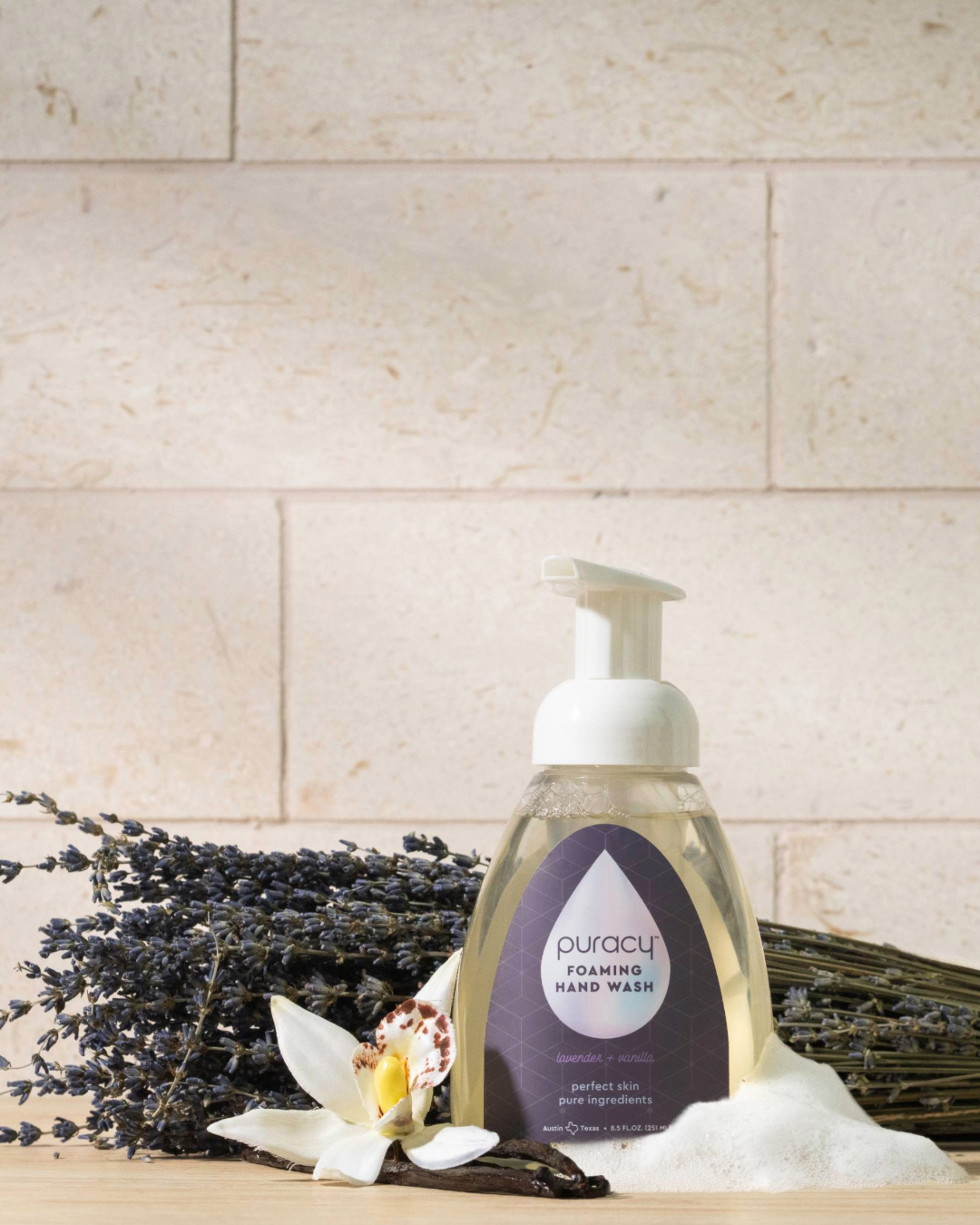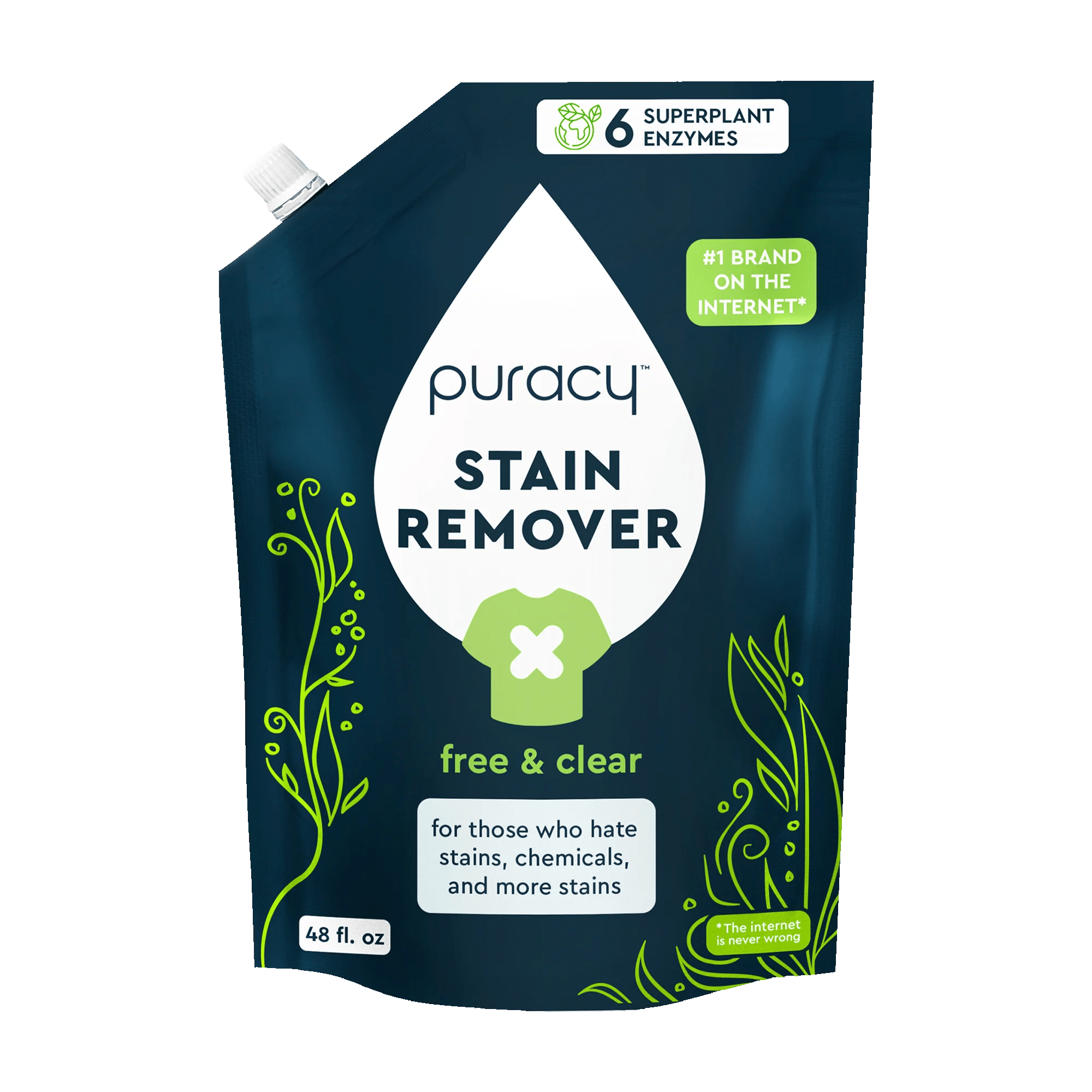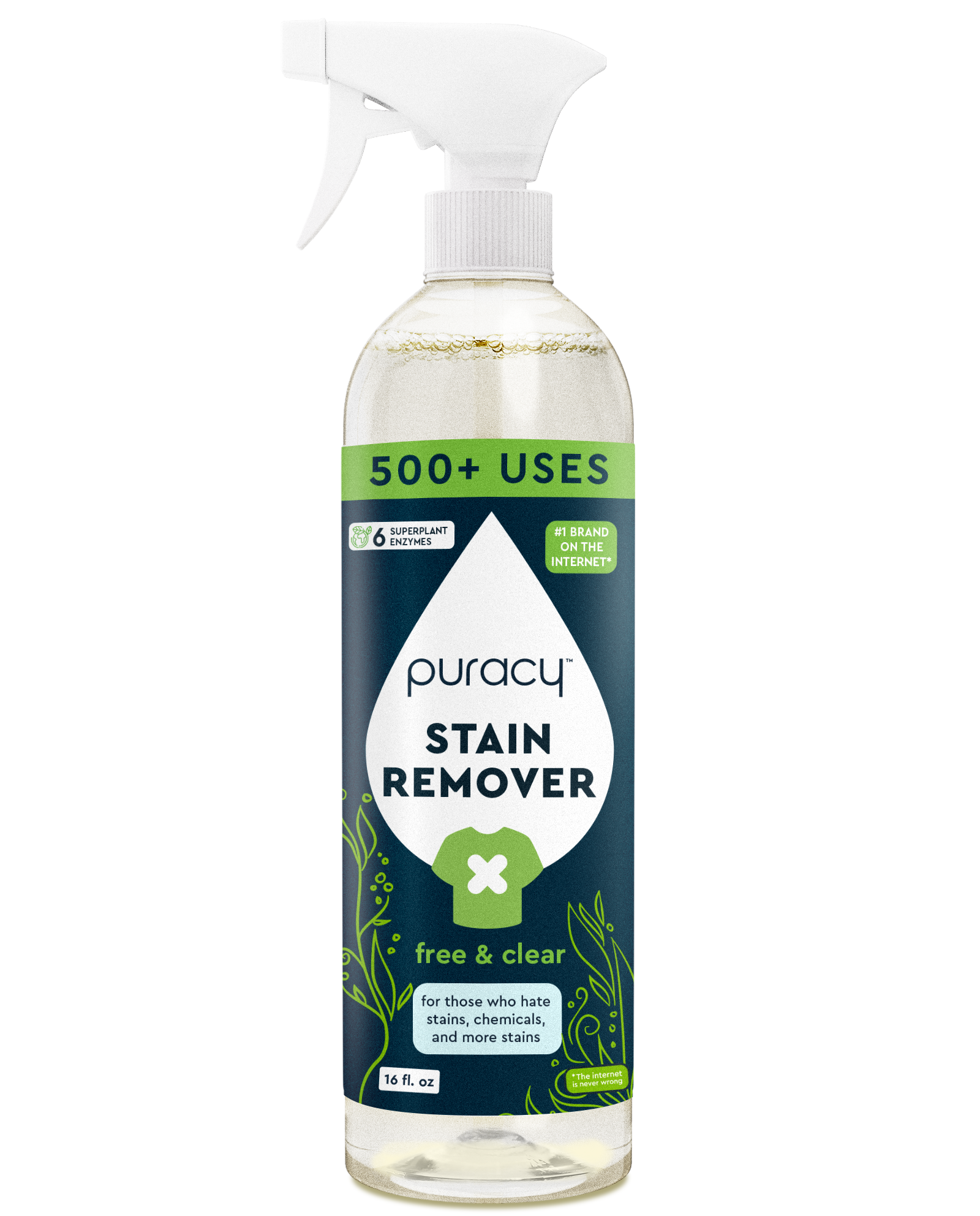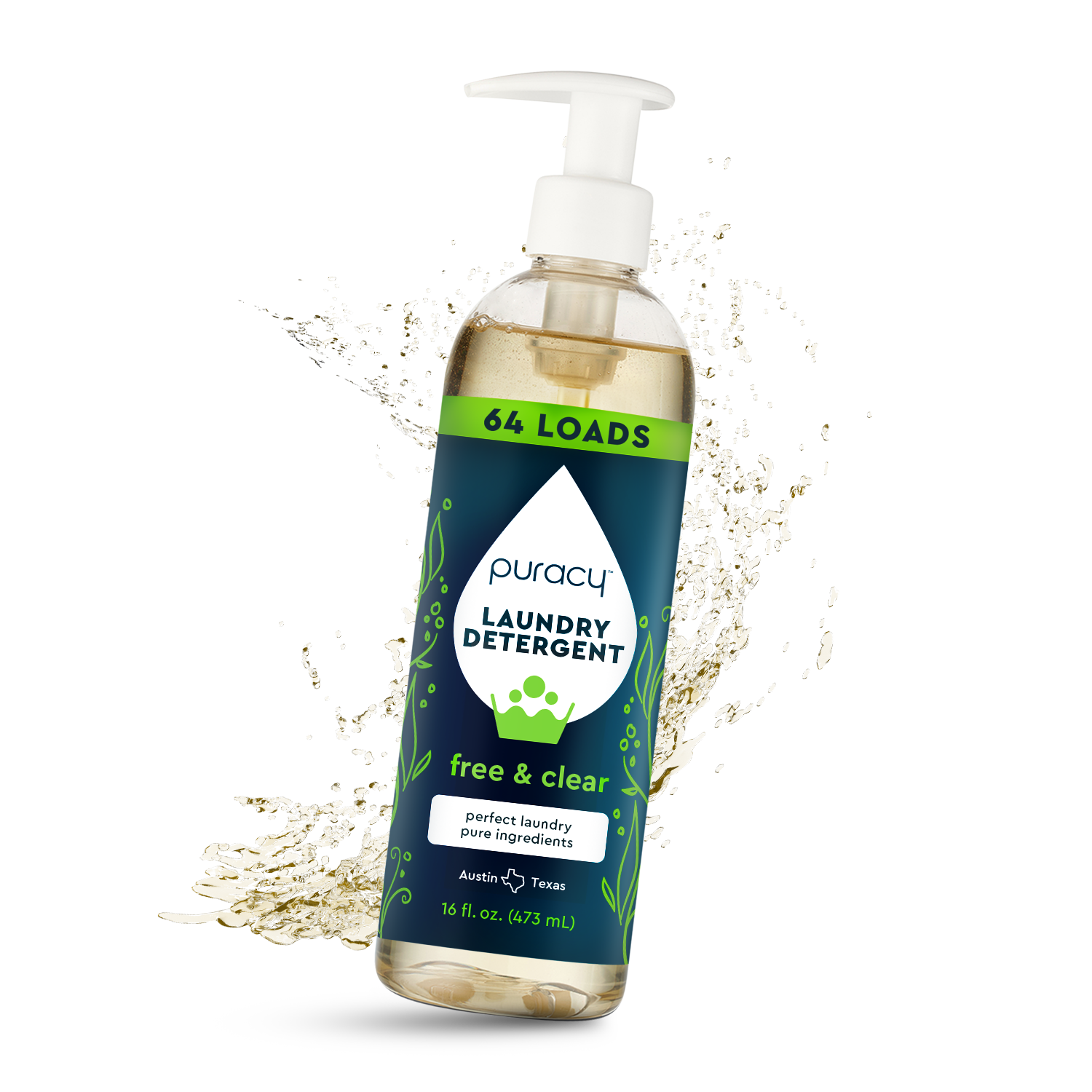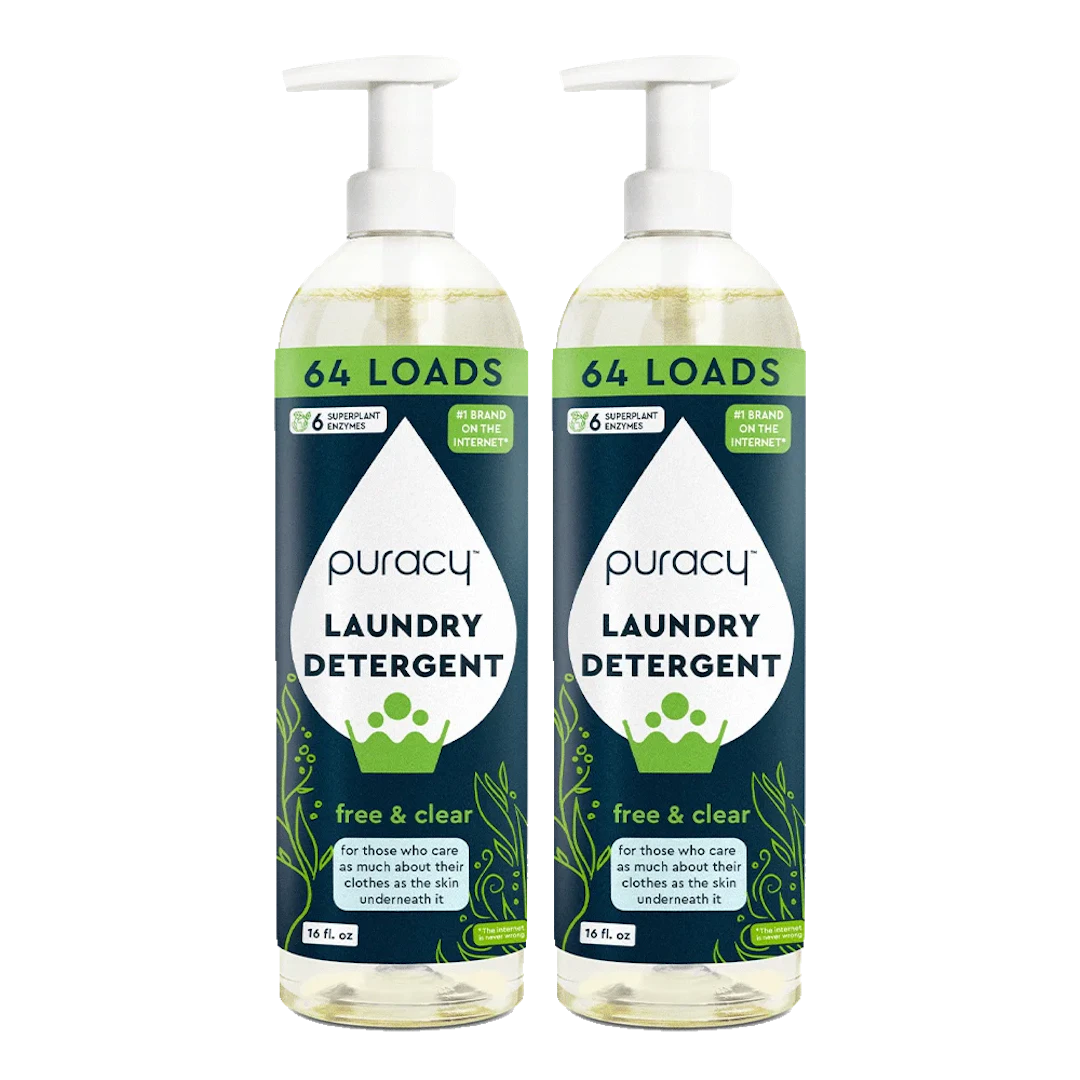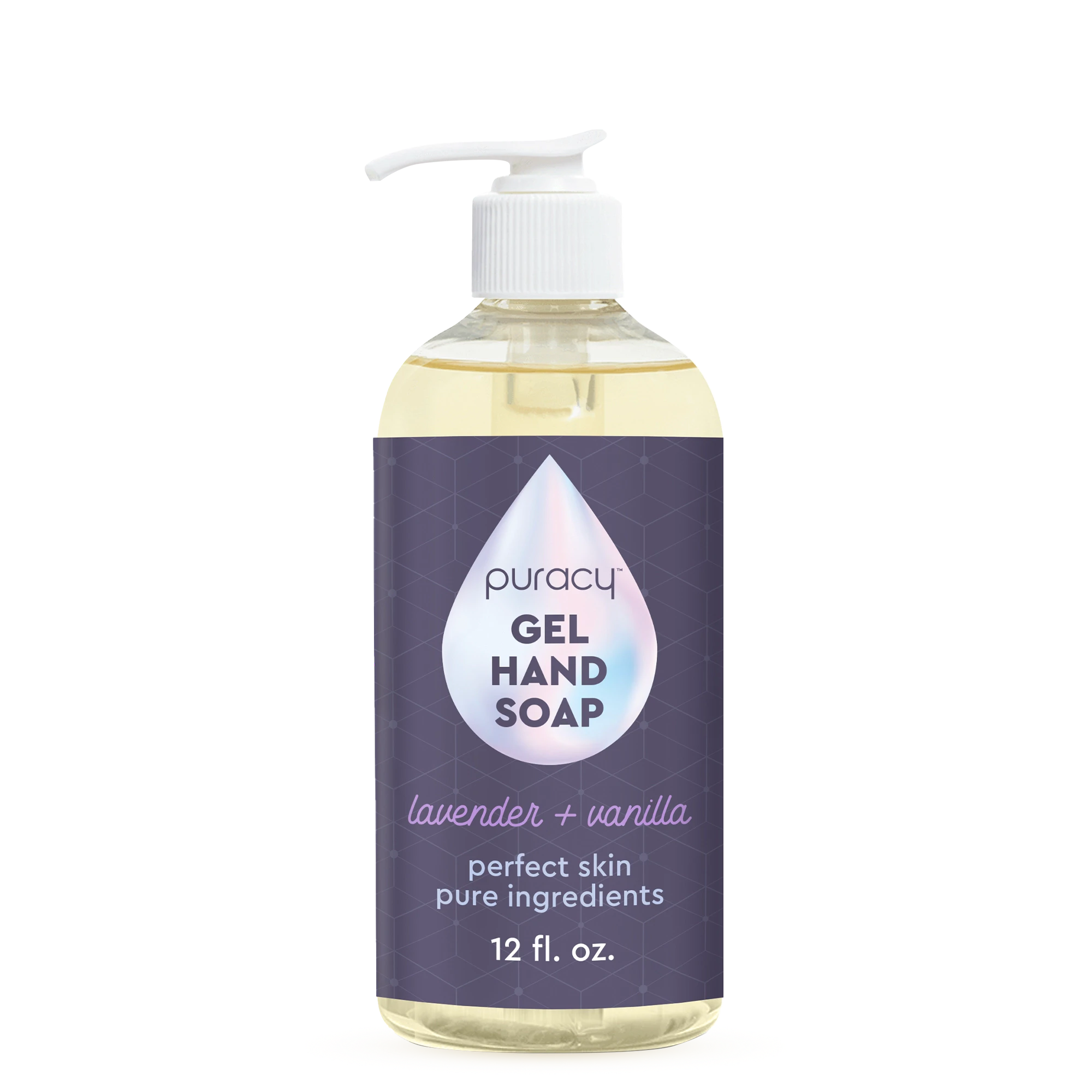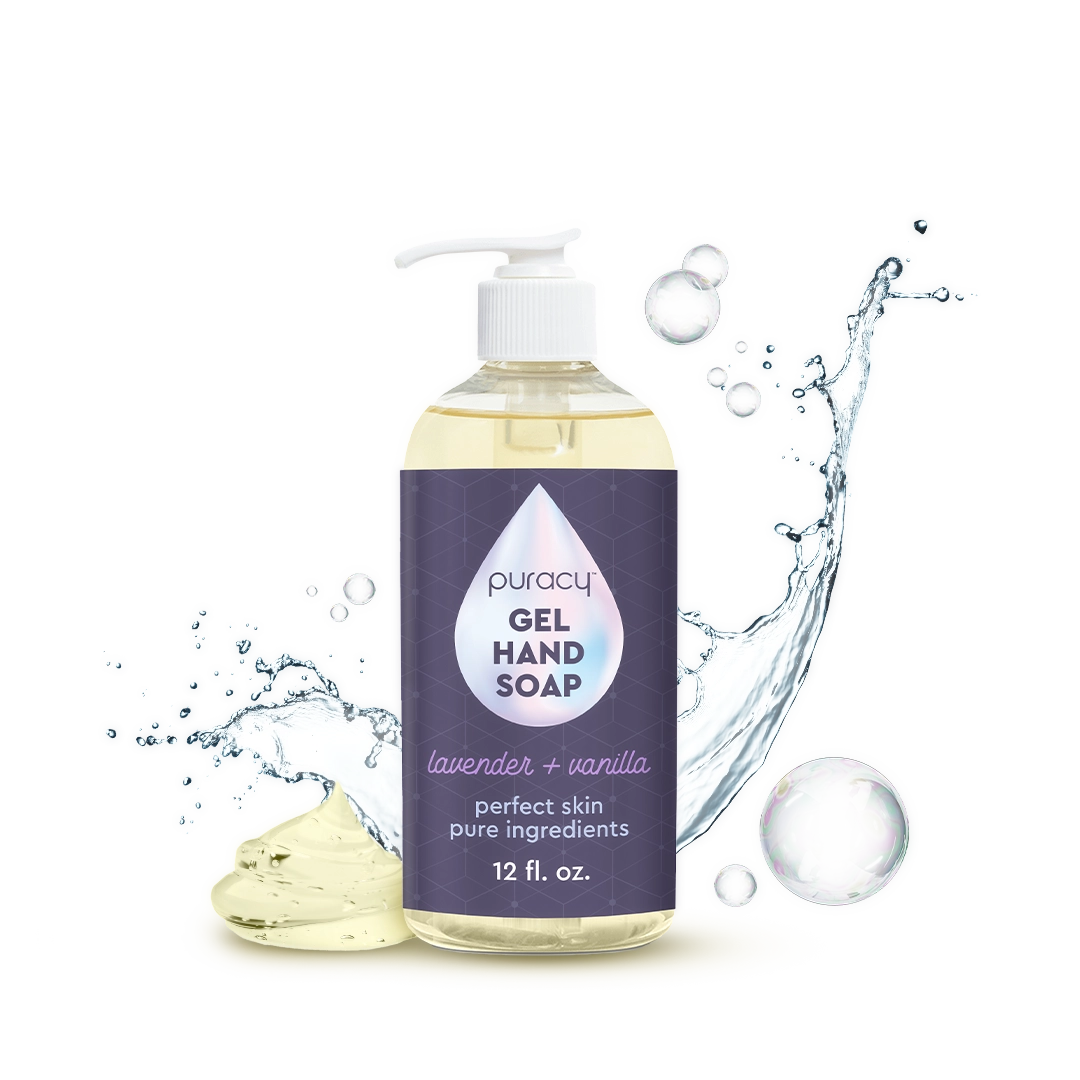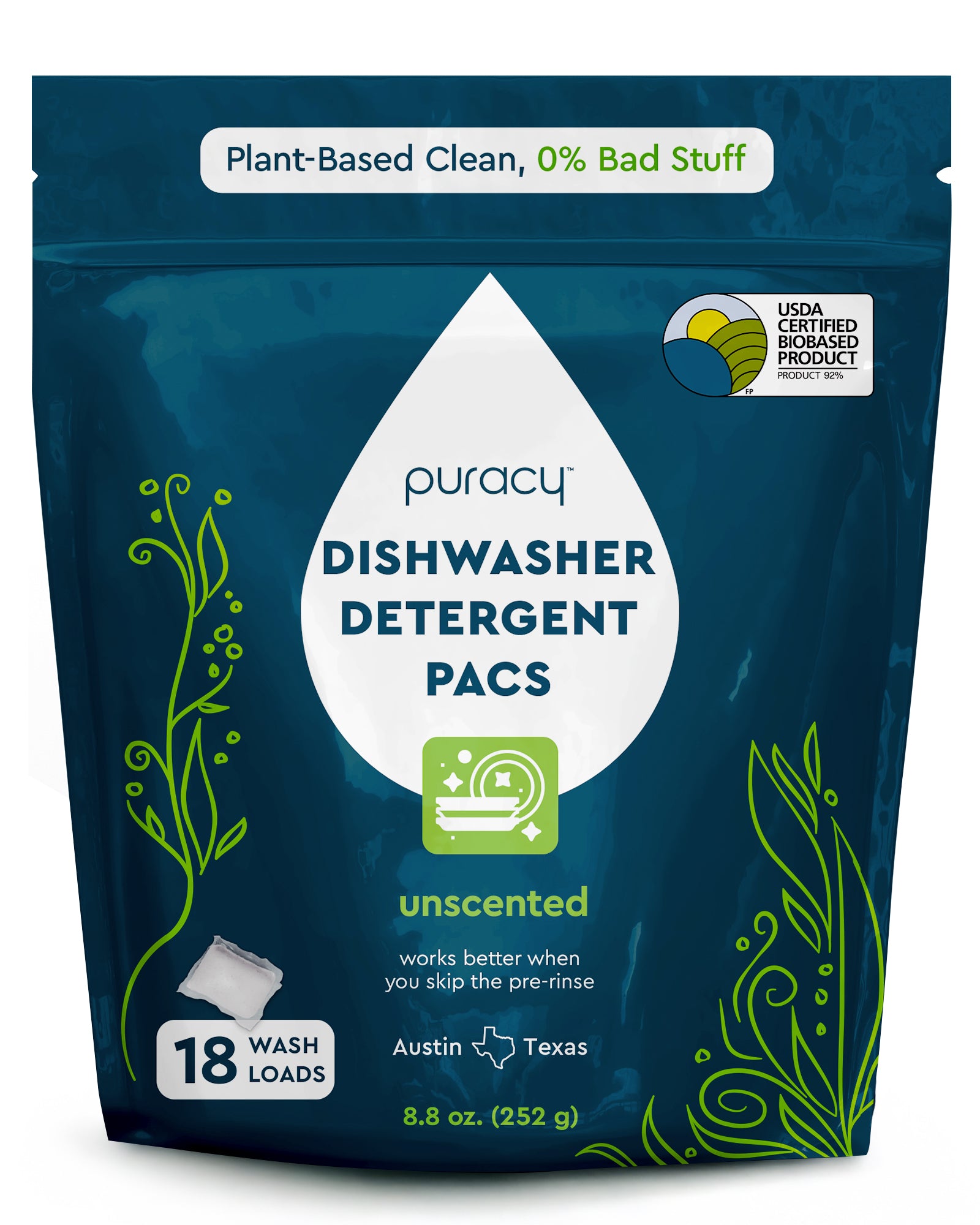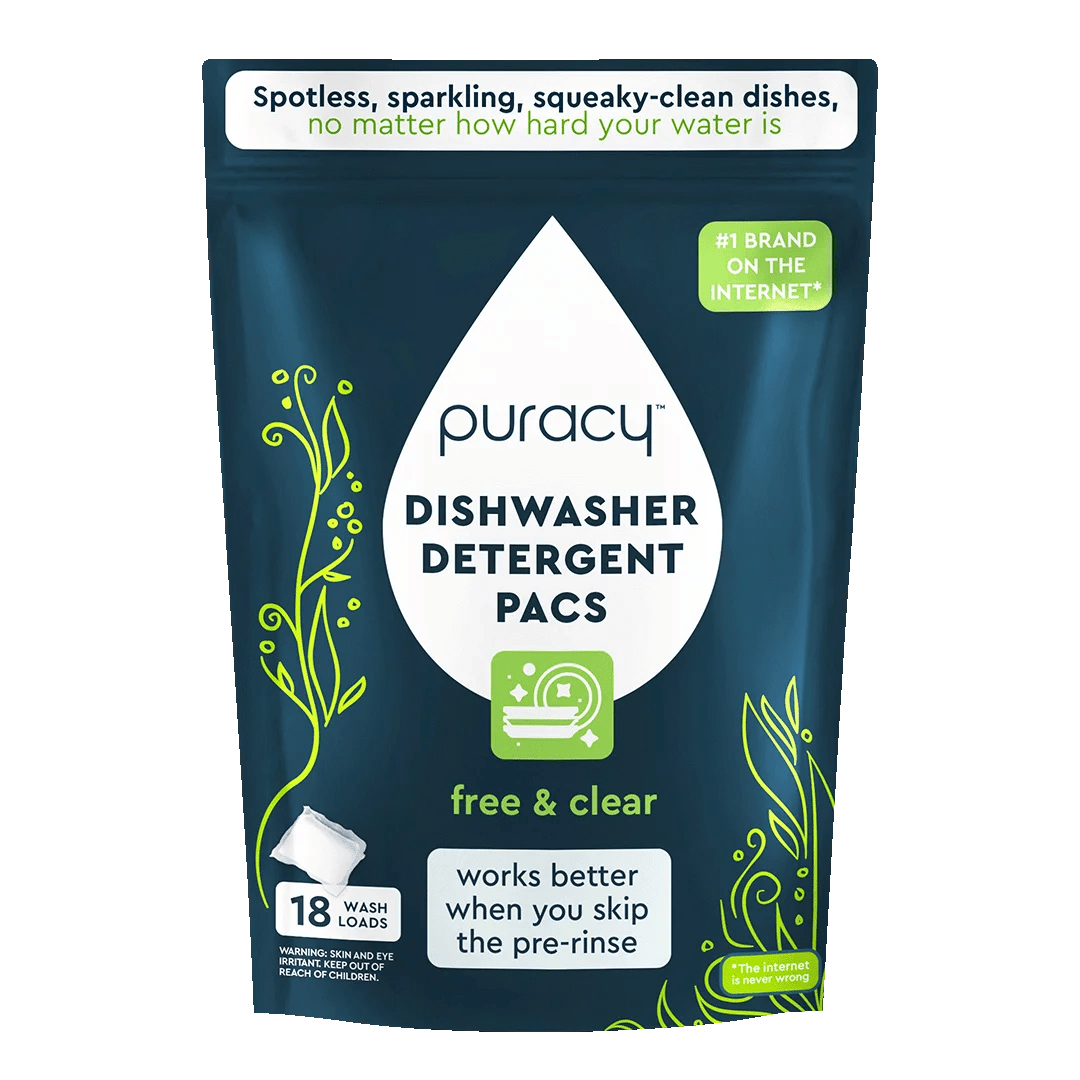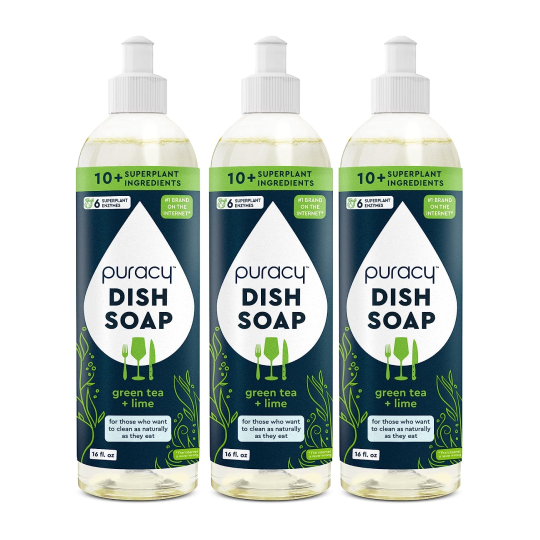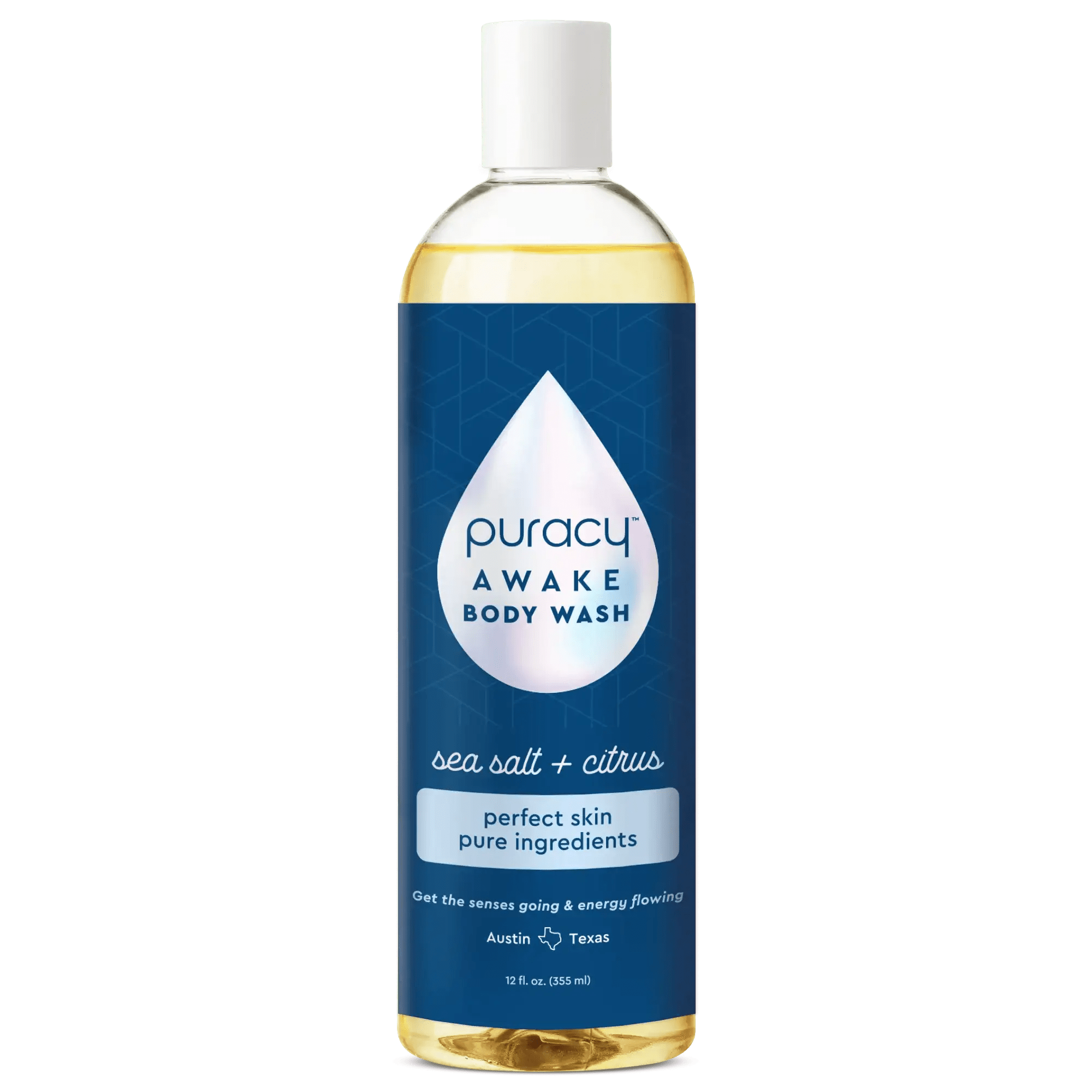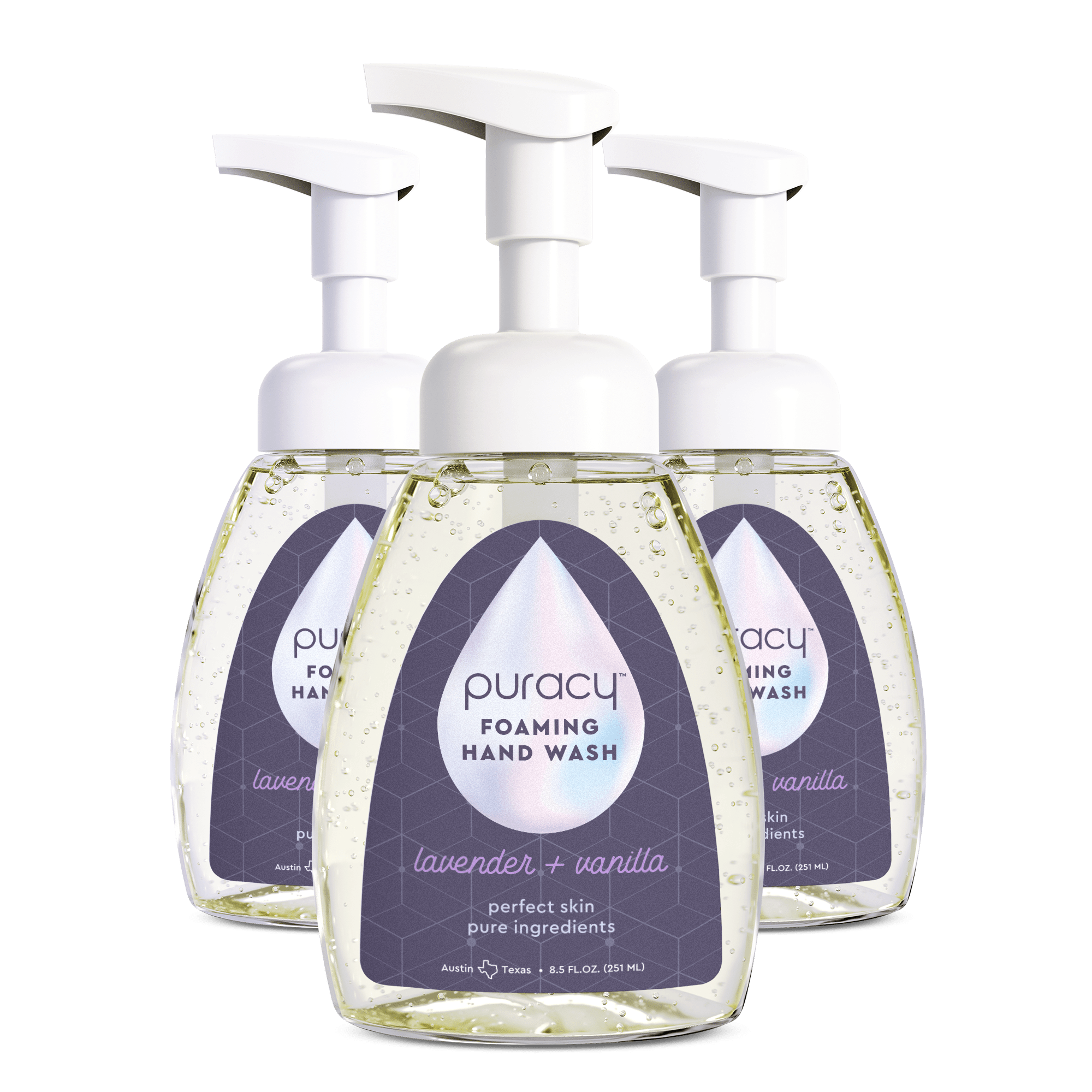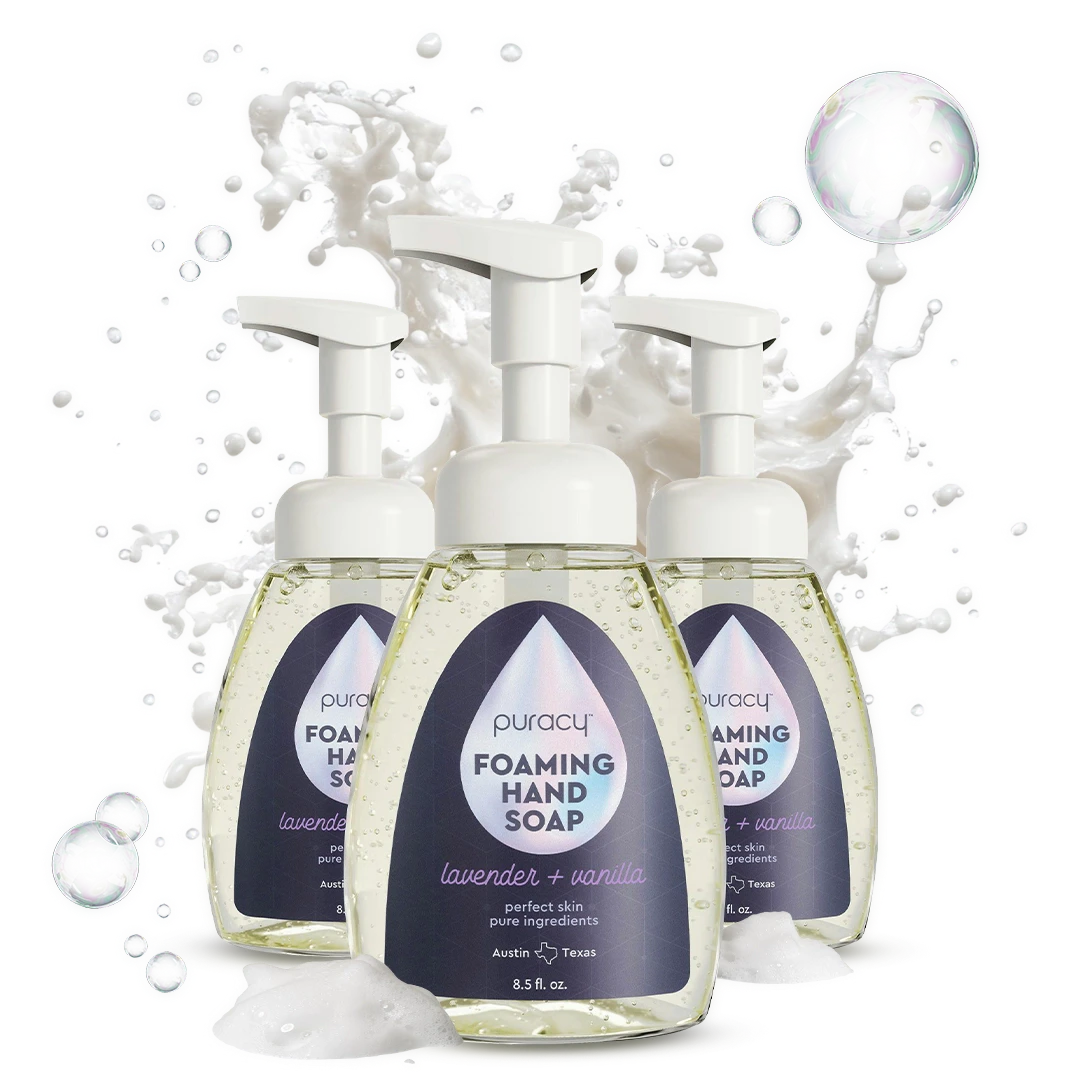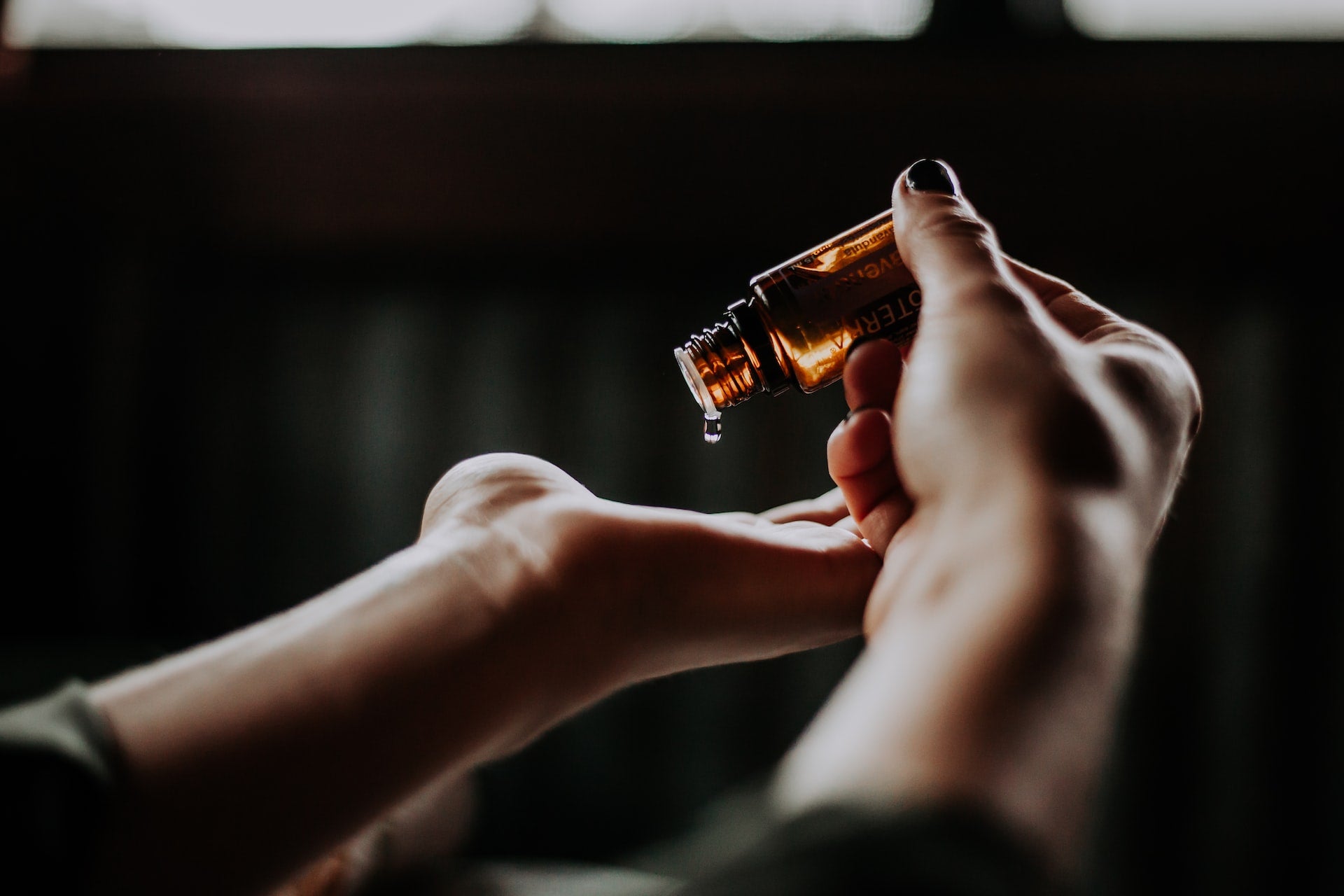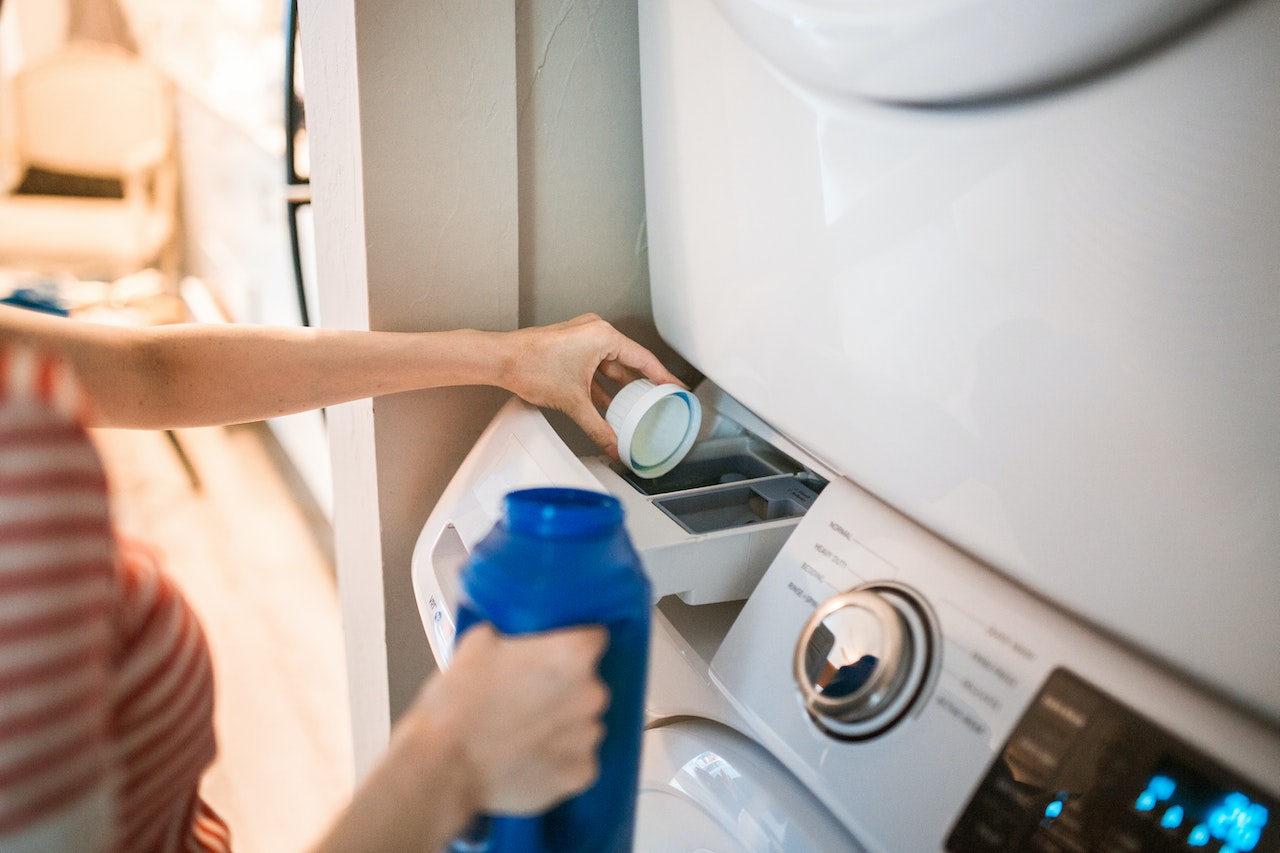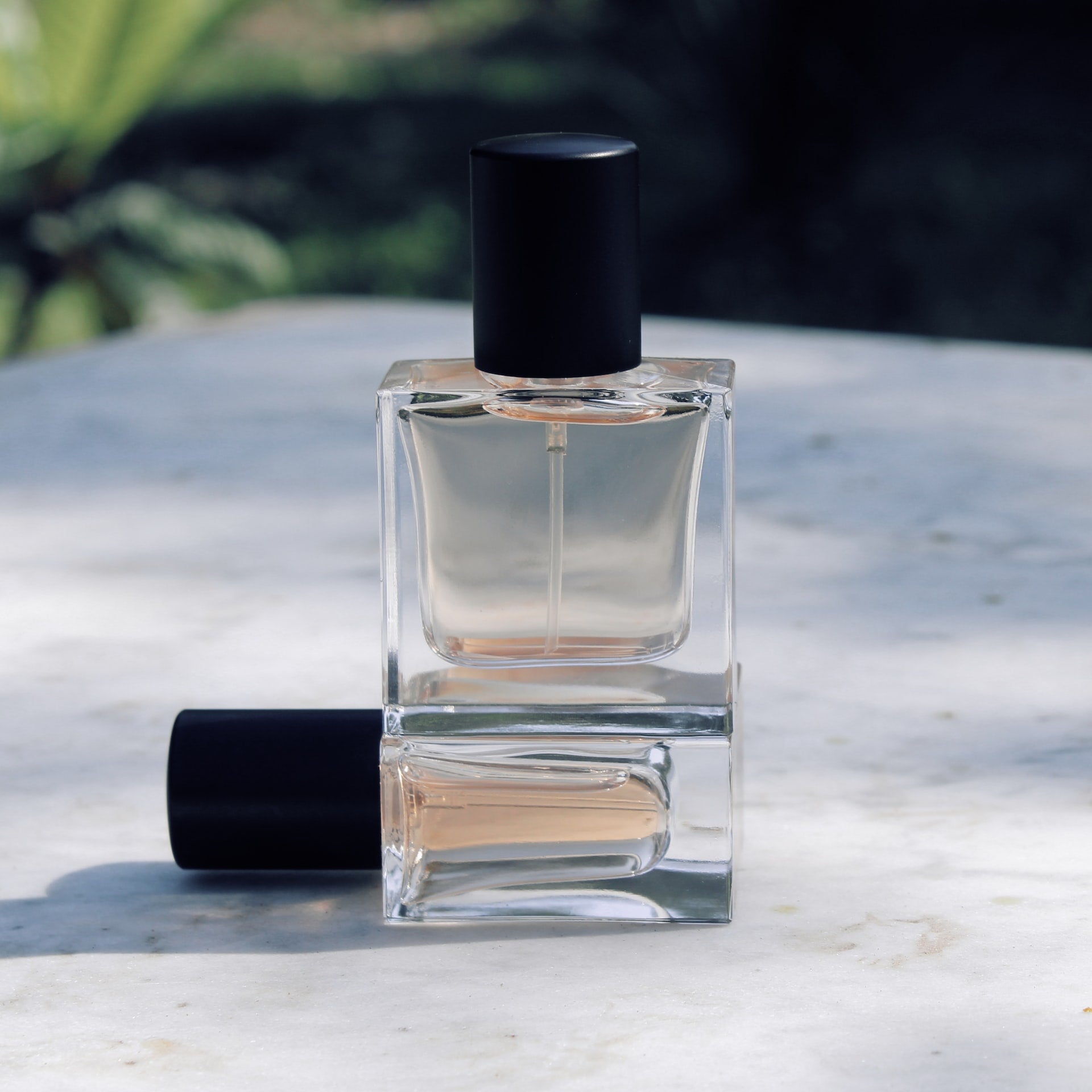
Fragrance Allergy: Does Perfume Cause Allergies?
Ever caught a whiff of a perfume that made you sneeze uncontrollably or left you with an unexplainable headache? If so, you might be one of the many individuals grappling with fragrance or perfume allergies. Learn about fragrance allergies, exploring whether they're real, how they manifest, who's prone to them, and most importantly, how to navigate a world saturated with scents.
Can Fragrances Trigger an Allergy?

In a nutshell, yes. Fragrance allergy is more common than you might think, affecting around 1% of adults and 1.8% of children and adolescents. Surprisingly, fragrance allergy ranks second only to nickel allergy as a cause of allergic contact dermatitis. So, if you've ever wondered whether that lingering scent could be causing your skin troubles, the answer might be yes.
What’s A Fragrance Allergy? How Does it Manifest?

Imagine scaly, red plaques on your skin, accompanied by swelling, vesicles, and bullae. That's the calling card of fragrance allergy. Continuous exposure to the allergen can escalate into chronic dermatitis, complete with lichenification and excoriation. Translation: it gets itchy, and it might burn or sting a bit too.
Symptoms of Fragrance Allergies

The effects of fragrance allergies go beyond skin deep. Brace yourself for headaches, difficulty breathing, wheezing, and a tight chest. If you're an asthma sufferer, fragrance exposure might just throw fuel on that fire. Your nose won't escape either – get ready for a runny, stuffy companion.
Areas Affected by Fragrance Allergy and Causes
Where does the battle against fragrance allergies unfold? Including your skin, your respiratory system, your head, the effects can manifest in various ways. The culprits are the chemicals hidden behind the term "fragrance" on your product labels. These can include a mishmash of potentially irritating substances. Identifying the specific villain can be as tricky as finding a needle in a haystack, but awareness is the first step in this fragrance maze.
Preventing and Treating Fragrance Sensitivities

Follow these tips to avoid triggering any potential allergies or sensitivities.
- Buy unscented or fragrance-free: Choose products that proudly flaunt their lack of synthetic fragrance.
- Label detective work: If it says "fragrance" on the label, consider it a red flag. Opt for products with transparent ingredient lists.
- Ambassador of scent-free zones: Politely ask those around you to tone down the cologne or perfume. Your nasal passages will thank you.
- Natural cleaners: Embrace the power of nature and plant-powered ingredients. Choose cleaning products that don't assault your senses.
- Consult your doc: Seek professional advice. Your doctor might prescribe medications to ease the symptoms and help you breathe a little easier.
Choose Plant-Powered Formulas with Natural Fragrances

Fragrance allergies are more than just an inconvenience – they're a legitimate health concern affecting a significant portion of the population. From skin rashes to respiratory distress, the symptoms can range from a mild nuisance to a serious issue. Understanding the triggers, being vigilant about product choices, making sure you choose natural laundry detergent and plant-powered cleaners to ensure your allergies or sensitivities are not triggered.
